 You are required to issue a 1099 to anyone you pay $600 or more in the course of your trade or business who is not incorporated.
You are required to issue a 1099 to anyone you pay $600 or more in the course of your trade or business who is not incorporated.
Typical payments requiring a 1099 include services performed by independent contractors, such as gardeners and housekeepers for your business, as well as rents your business pays.
Received a Payment and Other Reporting Situations
Per the IRS, if, as part of your trade or business, you received any of the following types of payments, you will have to file a specific form.
- Payment of mortgage interest (including points) or reimbursements of overpaid interest from individuals (1098)
- Sale or exchange of real estate (1099-S)
- You are a broker and you sold a covered security belonging to your customer (1099-B)
- You are an issuer of a security taking a specified corporate action that affects the cost basis of the securities held by others (Form 8937)
- You released someone from paying a debt secured by property or someone abandoned property that was subject to the debt (1099-A) or otherwise forgave their debt to you (1099-C)
- You made direct sales of at least $5,000 of consumer products to a buyer for resale anywhere other than a permanent retail establishment (1099-MISC)
Not Required to File Information Returns
You are not required to file information return(s) if any of the following situations apply:
- You are not engaged in a trade or business.
- You are engaged in a trade or business and
- the payment was made to another business that is incorporated, or
- the sum of all payments made to the person or unincorporated business is less than $600 in one tax year (unless the recipient is an attorney or law form, see specific instructions for 1099-MISC for further details).
If you need to issue a 1099, and haven’t, we can prepare the 1099 forms if you would like. Just contact us. We can be reached at 619-589-8680.
We do more than just tax preparation at US-TaxLaws.com. We are your best source for professional tax preparation and/or financial consulting services. We give clients a total solution that can include:
Personal Tax Preparation Business Tax Preparation Partnership Tax Preparation
Corporate Tax Preparation Incorporation-Choice of Entity Business Support Services
Corporate Compliance Audit Representation Retirement Tax Planning Wills & Trusts, Estate Planning Bookkeeping Payroll

 Continuing Education for the entrepreneur, start-up and small business owner.
Continuing Education for the entrepreneur, start-up and small business owner. 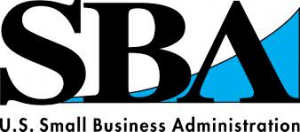 Tips and Techniques to Improve Your Restaurant and Increase Your Profits
Tips and Techniques to Improve Your Restaurant and Increase Your Profits Entity creation has a cost!
Entity creation has a cost! What would happen if the IRS re-classified your business as a hobby?
What would happen if the IRS re-classified your business as a hobby?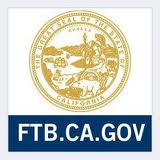
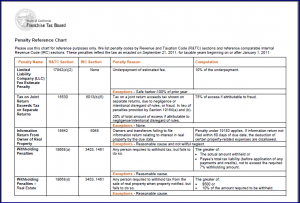
 EDD extension for San Diego wildfire
EDD extension for San Diego wildfire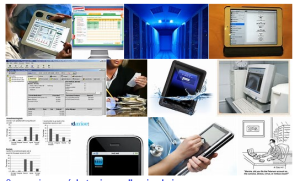
 How the Tax Reform Act of 2014 Will Affect Your Small Business
How the Tax Reform Act of 2014 Will Affect Your Small Business Seven significant new income tax law changes went into effect at the beginning of the year as a result of two pieces of legislation:
Seven significant new income tax law changes went into effect at the beginning of the year as a result of two pieces of legislation: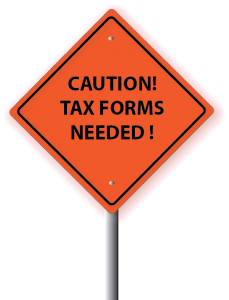 File information returns (for example, Forms 1099 for certain payments you made during 2013. There are different forms for different types of payments. Use a separate Form 1096, Annual Summary and Transmittal of U.S. Information Returns, to summarize and transmit the forms for each type of payment. See the
File information returns (for example, Forms 1099 for certain payments you made during 2013. There are different forms for different types of payments. Use a separate Form 1096, Annual Summary and Transmittal of U.S. Information Returns, to summarize and transmit the forms for each type of payment. See the 
 More than 1 million Californians did not file a 2012 state income tax return!
More than 1 million Californians did not file a 2012 state income tax return! The Affordable Care Act requires employers to report the cost of coverage under an employer-sponsored group health plan on an employee’s Form W-2, Wage and Tax Statement, in Box 12, using Code DD. Many employers are eligible for transition relief for tax-year 2012 and beyond, until the IRS issues final guidance for this reporting requirement.
The Affordable Care Act requires employers to report the cost of coverage under an employer-sponsored group health plan on an employee’s Form W-2, Wage and Tax Statement, in Box 12, using Code DD. Many employers are eligible for transition relief for tax-year 2012 and beyond, until the IRS issues final guidance for this reporting requirement. Small Business Health Care Tax Credit
Small Business Health Care Tax Credit